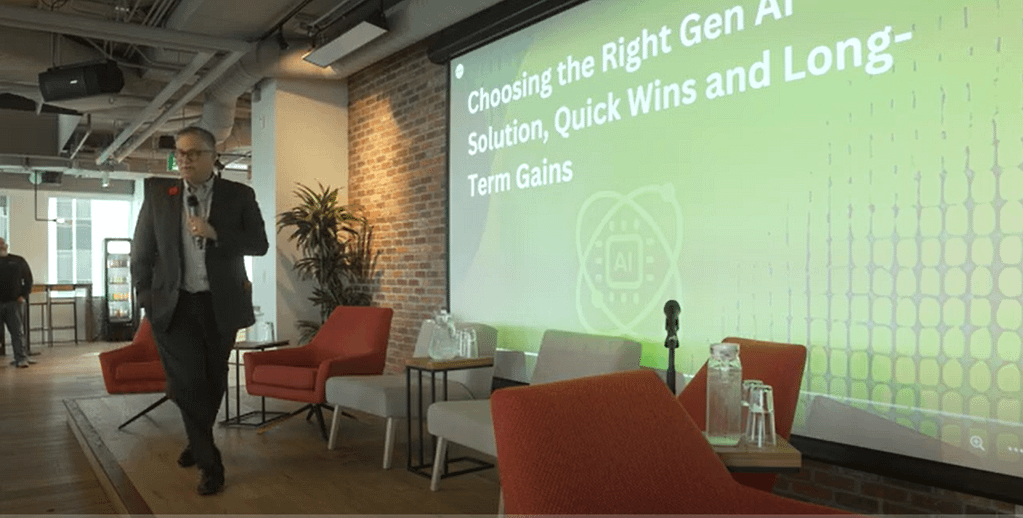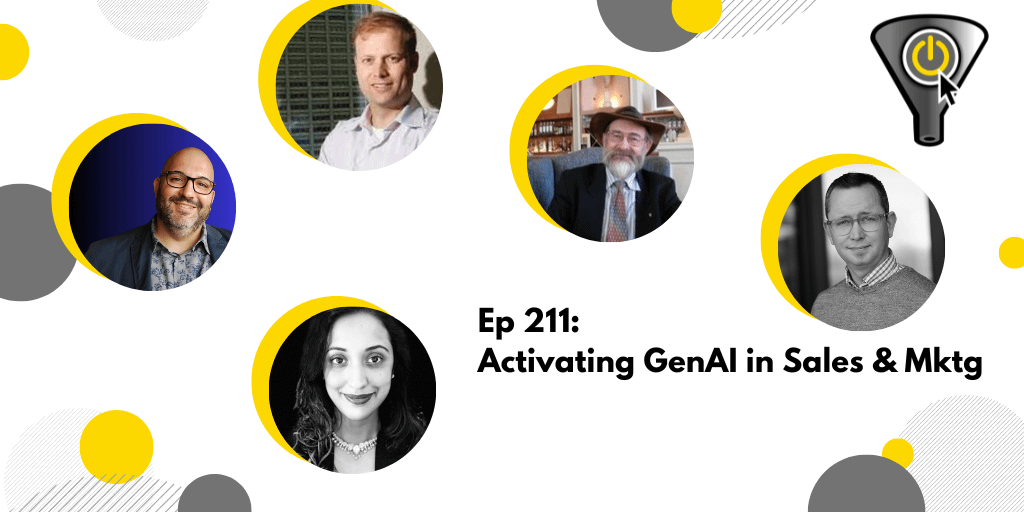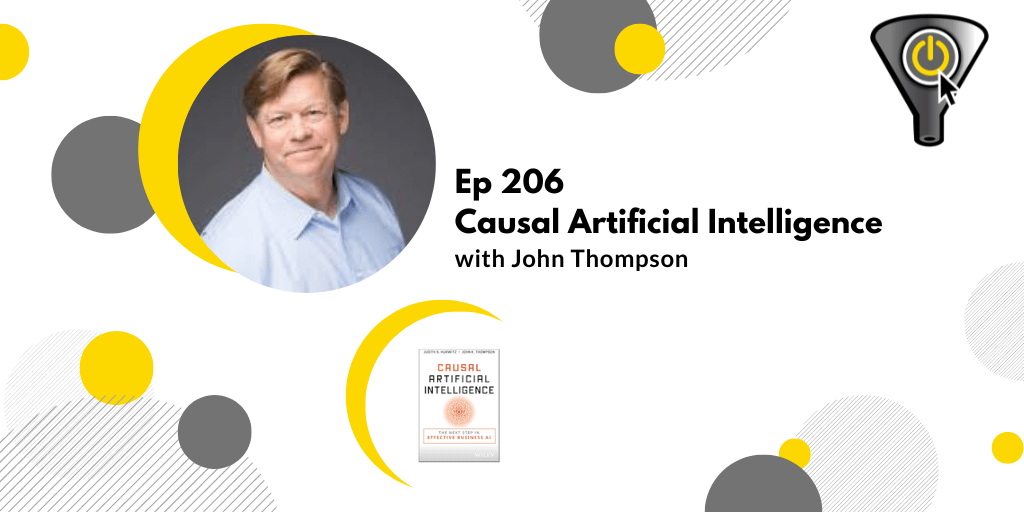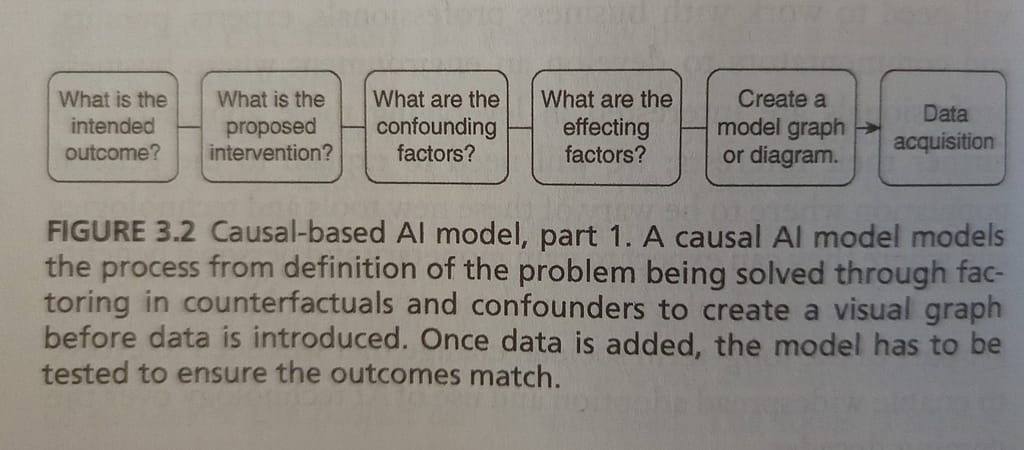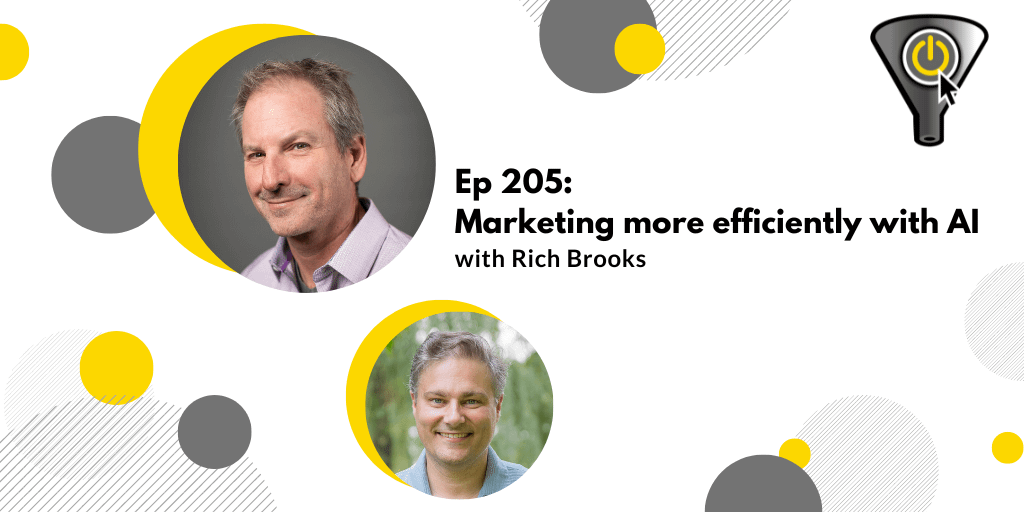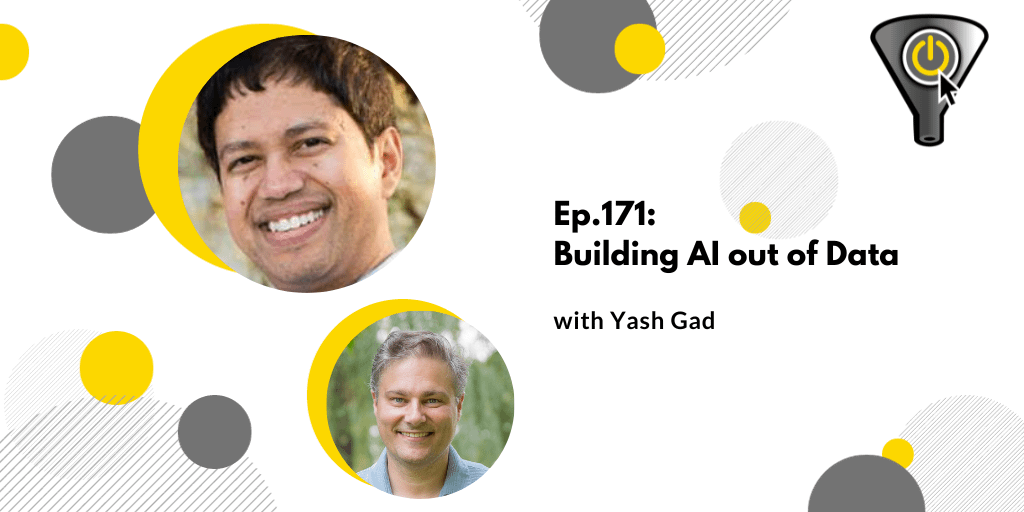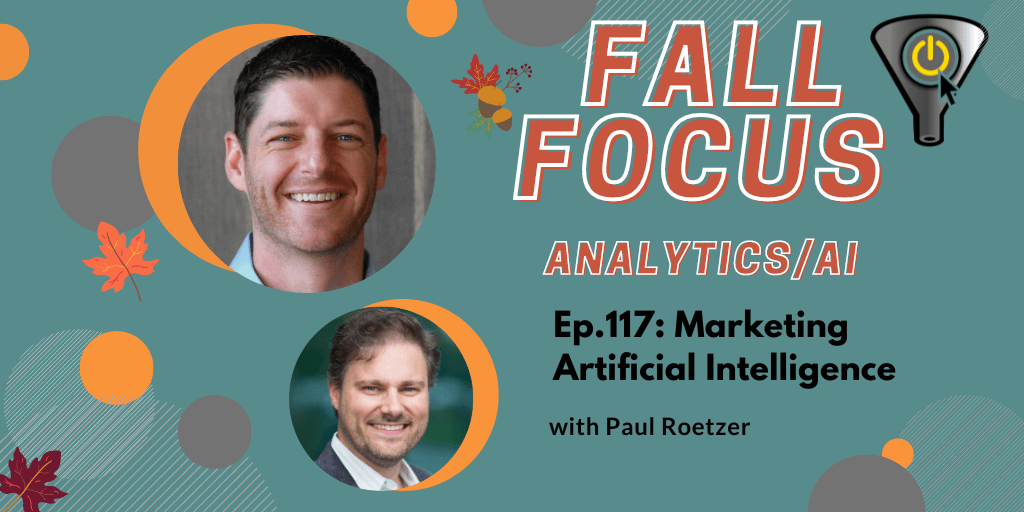Most of the leading AI companies tell us how wonderful their technology will make our lives. In a recent post put out by OpenAI’s head, Sam Altman called The Gentle Singularity, he says “We will figure out new things to do and new things to want…Expectations will go up, but capabilities will go up equally quickly, and we’ll all get better stuff. We will build ever-more-wonderful things for each other.”
Of course, these new things need to be marketed and sold. Sam has good news there too, saying: “Generally speaking, the ability for one person to get much more done in 2030 than they could in 2020 will be a striking change”
This all sounds wonderful; it’s used so heavily by Silicon Valley, it’s been given the title of Effective Accelerationism. It’s essential thesis is that AI will cause progress all by itself. So we should just let it take over? Are we willing to bet our livelihoods on that?
Where we are here in 2025, it’s a challenge to do sales and marketing work using AI. Very few know how to run entire functions with Generative AI, which is why Sam qualified his 2030 prediction by saying that “many people will figure out how to benefit from [AI]” by then. How do we unlock AI’s activation in customer acquisition? How do we get out of the starters blocks?
I had the chance to moderate a panel discussion on “Gen AI Activation in Marketing & Sales” at an amazing event hosted by UC Labs and TCC Canada – please get the links to each of them in the shownotes.
The panel featured myself, Lubabah Bakht, Gary Amaral, Jim Cain, Peter MacKinnon, and Brett Serjeantson, zig zagging through everything from day-to-day challenges to legal and privacy concerns to the lack of skills barring our progress.
I count myself fortunate to not only share a panel with these experts, but for being able to call them friends.
And now, please listen to these experts on Activating generative AI in marketing and sales.
People/Products/Concepts Mentioned in Show
Video of the panel discussion: https://www.youtube.com/watch?v=u0U9aJ_Mzug&t=1755s
Sam Altman – The Gentle Singularity
